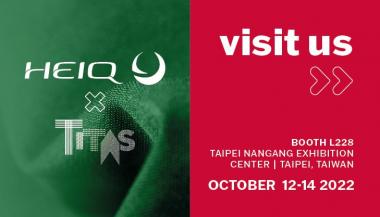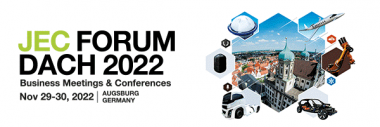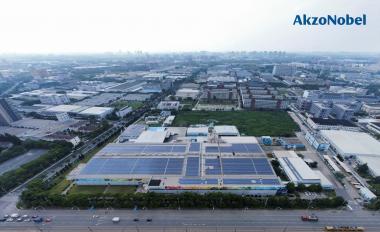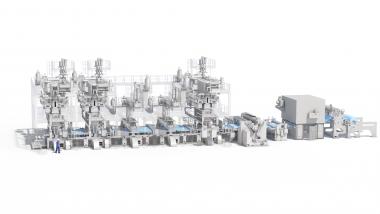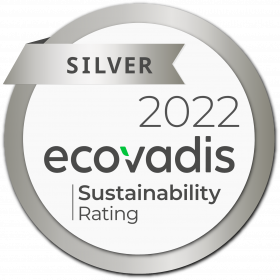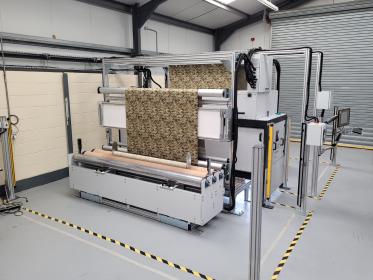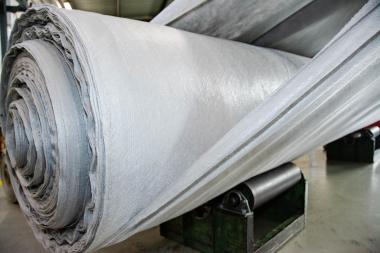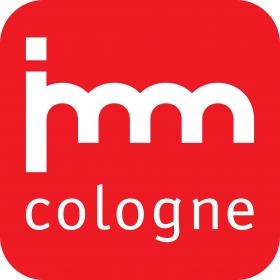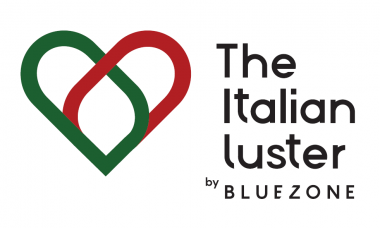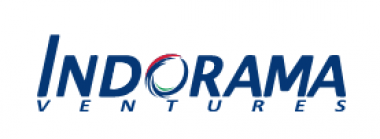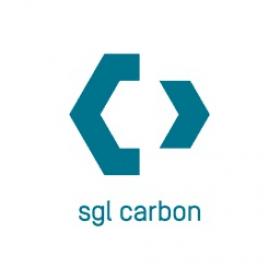Epson at EUROPEAN SDG ROUNDTABLE about Sustainable Fashion
The fashion industry currently produces 20% of global wastewater and 10% of global carbon emissions. Improvements can be made for example localizing fashion, using more on-demand digital printing (it can save up to 4kg of CO2 per item) and digital textile printers (they reduce water use by up to 90% and energy use by up to 30%). Increasing the use of sustainable materials is vital and extending the lifecycle of use would make a serious difference.
Together with designers, producers, retailers, and customers, Paolo Crespi, Sales & Marketing Director Printing Technologies at Epson, will discuss how each stage of the fashion production can be made more sustainable, and how circularity and longevity can be build into the lifecycle of fashion.
The panel will take place on Tuesday, 11 October 2022 at 09:30-11:00 am CET.
Click here for more information.
Epson and CSR Europe






